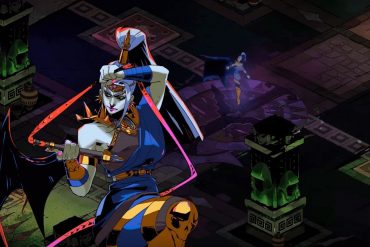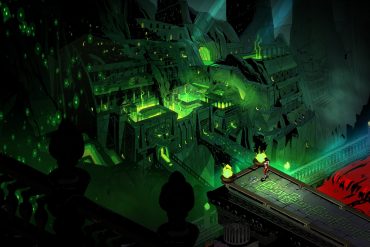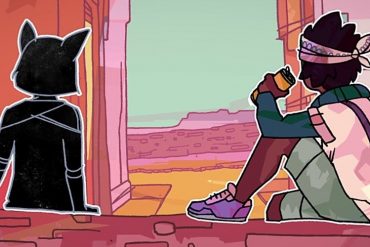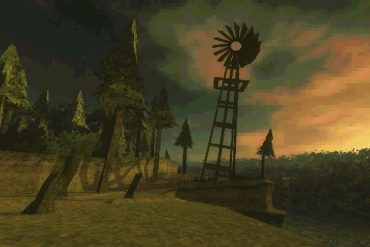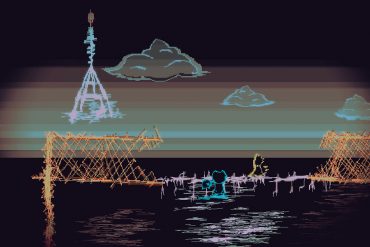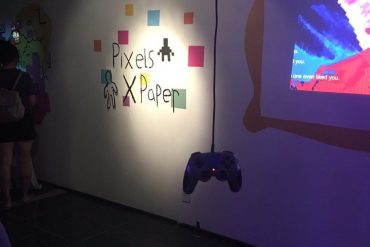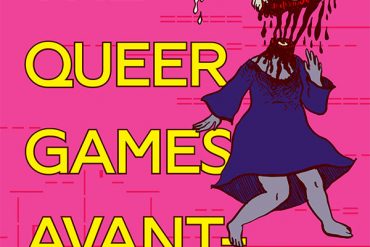June 27th
…most important critical writing on games from the past seven days.
Flattening History
Our opening section this week examines historical processes both within games and around them, with particular foci on western bias and Orientalism. These trends inform games as works of art, as simulations, as commercial products, and more.
- Sable (Demo): The Trouble with a Timeless Desert – GlitchOut Oma Keeling’s time with the demo for Sable is weighed down by an ahistorical Orientalism at the heart of the game’s whimsical indie aesthetics.
- The Death of Adventure Games that Never Was – Vagrant Cursor
…



